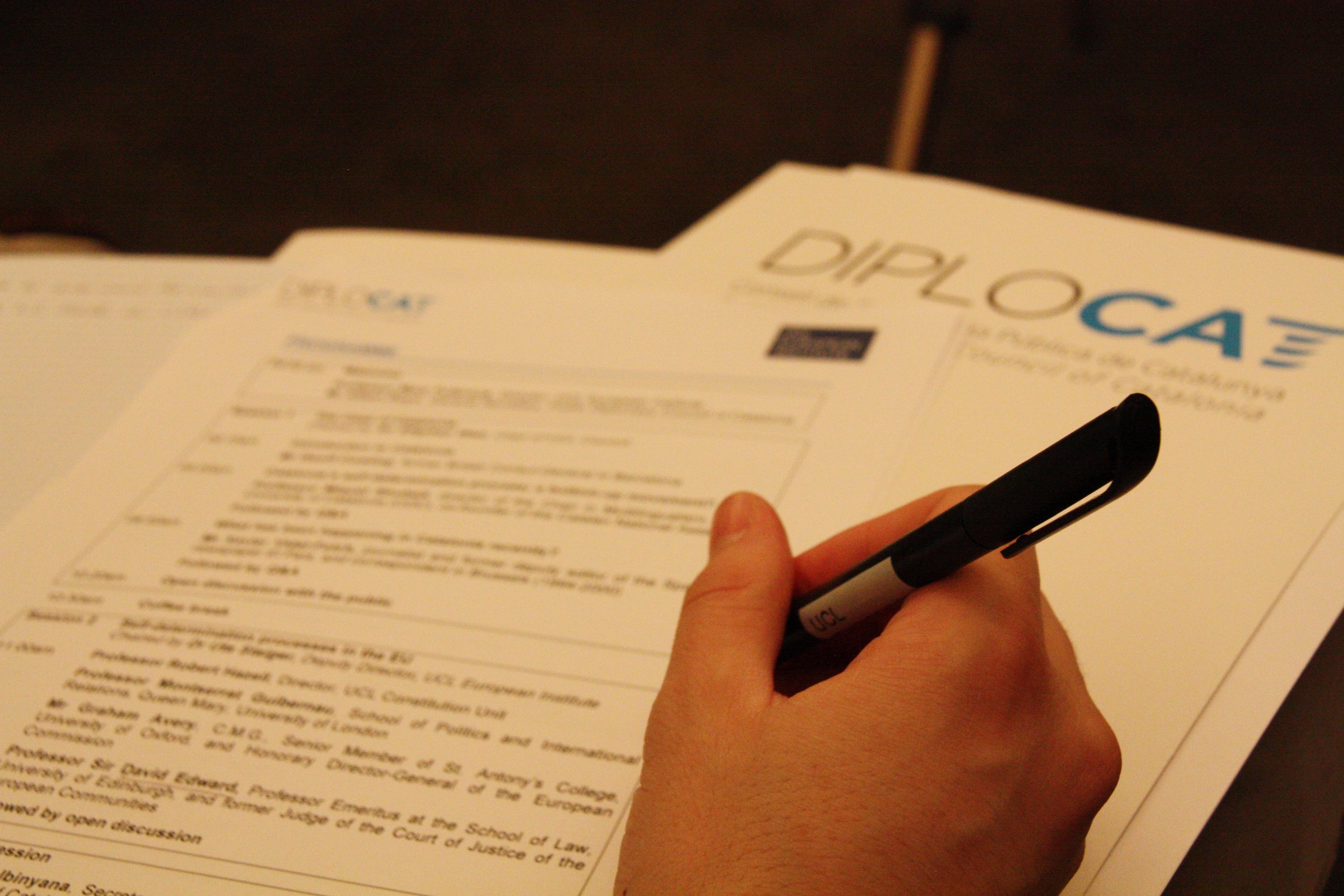Chamber III of Contentious-Administrative proceedings of Spain's Supreme Court has refused to suspend the suppression of Diplocat (Public Diplomacy Council of Catalonia) ordered by Royal Decree on 27th October 2017, whilst it resolves the appeal presented by the council itself. Today's decision was in response to a precautionary measure requested by ACM (Catalan Association of Municipalities and Counties).
The Supreme Court's verdict, which makes no decision on definitively suspending Diplocat, says that "there are none of the circumstances which allow for a measure of precautionary suspension as that applied for".
The report analyses "whether indeed, as the association argues, there is a risk that, if the precautionary measure is not taken, it would create a situation that would be impossible or very difficult to reverse". It concludes that "neither the image of the Catalan administration, nor the projects, initiatives or prospects of Diplocat will suffer irreversible harm as a consequence of maintaining the effects of the appealed orders if, in the end, the ACM's claims were upheld. The same sentence would repair the harm that the image of the Catalan administration might have suffered and the confidence in them from those under administration and the recipients of Diplocat's actions".
It adds that "nothing would prevent, on the other hand, resuming projects or initiatives or recovering prospects and, of course, neither would there be obstacles not only for Diplocat's workers to again offer their services but also for them to be compensated". As such, they believe that no element of irreversibility is apparent.
The Supreme Court also notes that the orders suspending Diplocat followed the Senate's support for the measures planned via article 155 of the Constitution. "In other words, they form part of the measures which, with the approval of that chamber, the Spanish government ordered to confront the situation created by the Catalan government by violating its constitutional obligations and seriously threatening the general interest," it adds.

